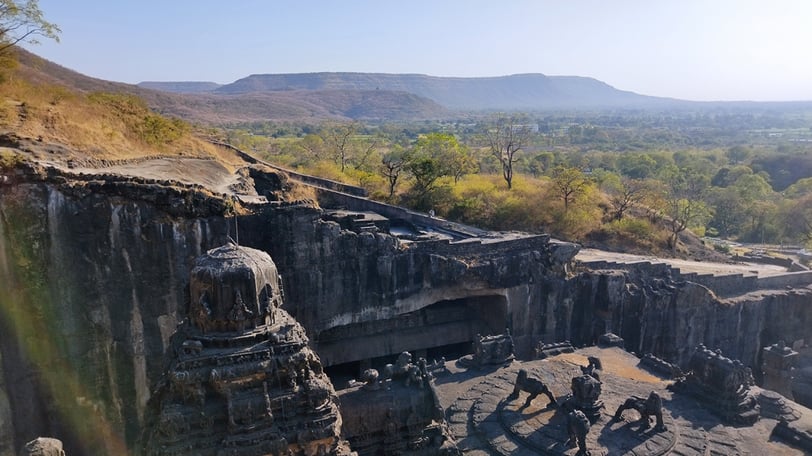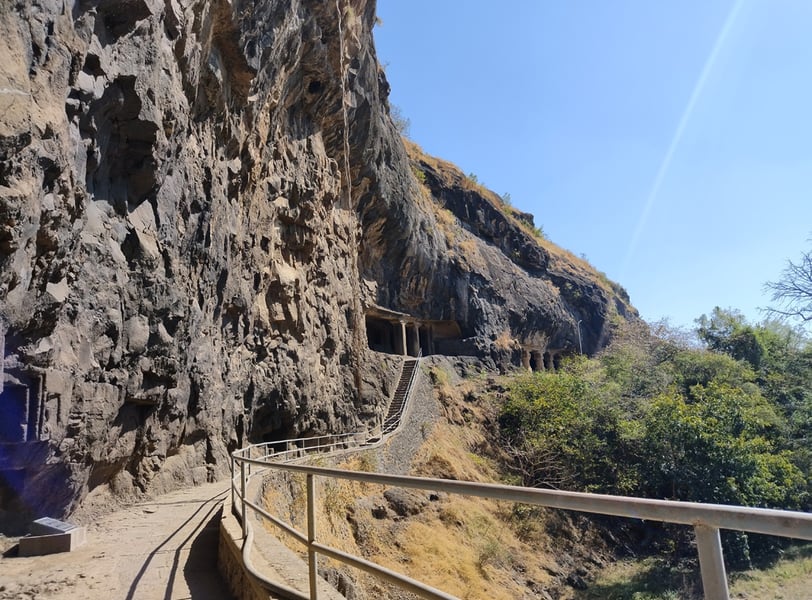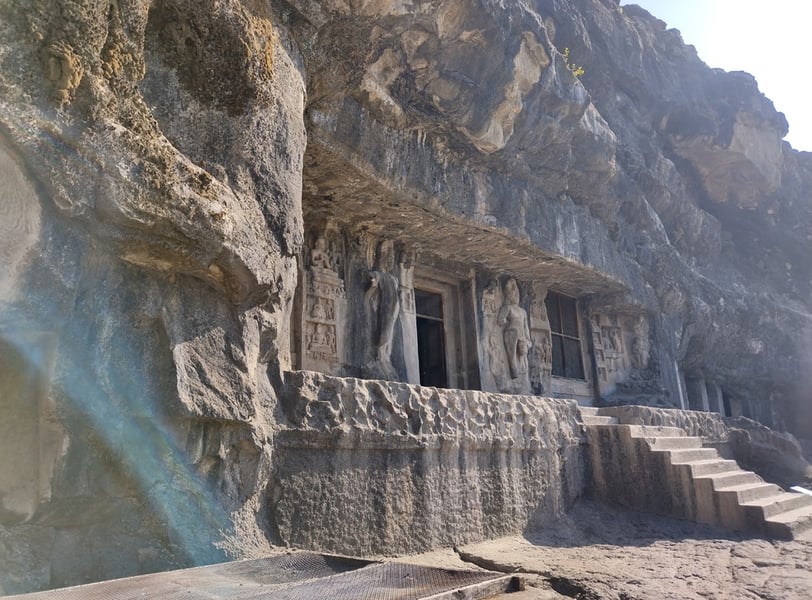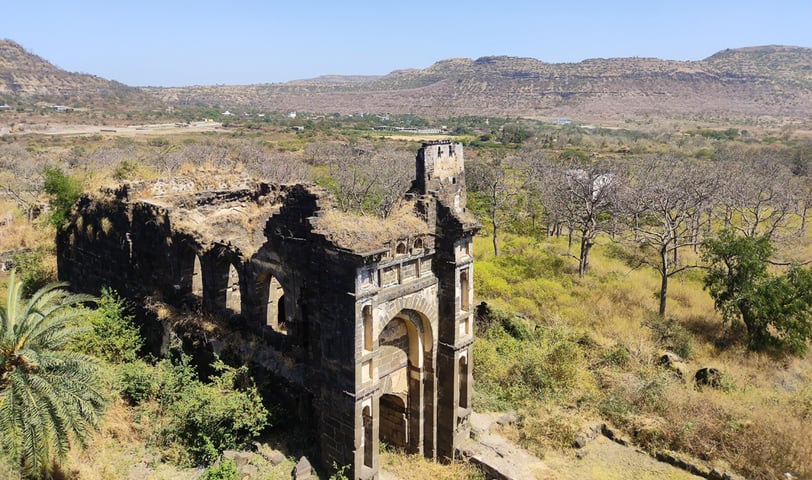The Human Touch in Tourism Interpretation
While visiting an ancient historical site, travelers often seek out a guide and interpreter. In my experience exploring historical sites across India, foreign tourists generally feel more comfortable with a guide who can also interpret for them.


A few days ago, I visited the Ellora Caves in the city of Aurangabad, Maharashtra. I noticed a new system alongside the human interpreter guides. A new system has also been introduced. A large QR Code is placed in front of the entrance to all the ancient caves. By scanning it with a mobile phone scanner, the history of that cave appears on the phone screen. There is also an option to translate it into your preferred language. The scanner board reads "Translated by Google Translate." In other words, artificial intelligence has entered the field of translation alongside humans.
Naturally, I wondered if the profession of tourism interpretation is coming to an end. Is AI replacing humans? Who will consumers choose? The answer lies in the preferences of the consumer. This morning, it suddenly occurred to me that I didn't see many people scanning the QR Code. However, I saw many people walking around with interpreter guides. Some were laughing, some were chatting, some were drinking tea, and many were even enjoying lunch together.
The Human Touch in Tourism Interpretation
While visiting an ancient historical site, travelers often seek out a guide and interpreter. In my experience exploring historical sites across India, foreign tourists generally feel more comfortable with a guide who can also interpret for them.
Written By Rohan Bhattacharya, Writer & Co-Founder at Black Letters
In fact, the X-factor of the interpretation profession is the ability to tell stories and build rapport with clients. An interpreter does not just explain the subject matter to the client. They also tell stories in between. These could be stories about everyday life. When we meet someone, we don't just talk about business or work. We talk about where we live, what we are doing these days, what the problems in the world are, who will win the football World Cup, what the stock market is doing, and so on. Until we discuss these things, we cannot build a friendship with someone.
If we look at human history, we can see that humans began to form societies through storytelling. There is still no alternative to storytelling for connecting with each other and creating emotional connections. We become friends by telling stories about ourselves, our past, and even the domestic strife of our next-door neighbor.
Through storytelling, an interpreter becomes our friend for a short time. This way, we don't feel lonely during a long trip to a foreign land. It feels like there is someone who will hold our hand and pull us up if we slip and fall while walking on a rough path. We met as strangers and became friends. This chemistry of friendship cannot be formed with an artificial translator. If I just want to know information, I already have Wikipedia in my pocket. Why would I go to the trouble of climbing a mountain to scan a QR Code? Although artificiality has entered the tourism-centric interpretation service, it has not yet been able to touch the human X-factors.








